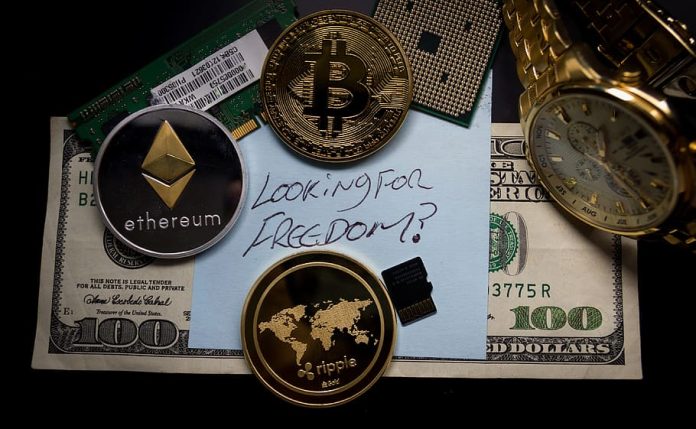Why Bitcoin Is Not Yet Ready to Replace the Dollar, According to Financial Analyst
As digital currencies gain prominence across various sectors, there’s growing speculation about whether cryptocurrencies like Bitcoin could potentially replace traditional fiat currencies. However, Viktor Pershikov, a seasoned Russian financial analyst with over 15 years of experience in the financial markets, has recently weighed in on this debate, offering a distinct viewpoint on the future of money.
Pershikov acknowledges the utility of cryptocurrencies but asserts that Bitcoin, despite its revolutionary potential, is far from ready to challenge the dominance of the U.S. dollar. This perspective emerges as Russia explores alternative financial mechanisms in the wake of economic sanctions imposed due to the ongoing conflict with Ukraine.
“While cryptocurrencies can perform some of the functions of traditional currencies,” Pershikov stated, “they are not yet equipped to replace the U.S. dollar.” He highlighted a major issue with Bitcoin’s application in everyday transactions—its value is highly volatile. “The value of Bitcoin can fluctuate significantly during the time it takes to transfer it, making it unreliable for everyday use,” Pershikov explained. This volatility poses challenges for both consumers and businesses that seek stability in their financial dealings.
The Role of Stablecoins
What about stablecoins, which aim to maintain a steady value by being pegged to traditional currencies like the U.S. dollar? Pershikov remains skeptical about their effectiveness as well. He describes them as “incomplete substitutes,” arguing that they remain tethered to the U.S. financial system. “Using stablecoins is akin to swapping one set of problems for another,” he commented. “Unlike the U.S. dollar, which is supported by the Federal Reserve, stablecoins such as Tether are backed by private entities still reliant on U.S. financial infrastructure.”
Despite these reservations, Russia is not abandoning its pursuit of digital money. President Vladimir Putin has recently enacted legislation to facilitate the use of digital assets in international trade. This move reflects Russia’s strategic effort to navigate the complexities imposed by international sanctions and leverage new financial technologies.
The dialogue surrounding cryptocurrencies and their place in the global economy is ongoing. While Bitcoin and stablecoins may not be poised to replace traditional currencies just yet, they are undeniably reshaping our financial landscape. As nations like Russia explore innovative applications for digital assets, it is evident that the financial world is transitioning into a new era.
Looking Ahead: The Future of Money
For the foreseeable future, the U.S. dollar is likely to remain the dominant force in global trade. However, with rapid technological advancements and increasing interest from various countries seeking alternatives, the future of money remains uncertain. What is clear is that the financial sector is undergoing significant transformation, and staying informed about these changes is crucial.
Understanding the evolving dynamics of both traditional and digital currencies is essential for navigating the complexities of today’s financial environment. Whether dealing with physical cash or digital assets, a comprehensive grasp of how money functions will be vital as we move forward in this era of financial innovation.
Build your dream city on Telegram and earn real-world rewards, including $USDT vouchers and NFTs! Join over 7 million players, unlock famous landmarks, and boost your city with exclusive bonuses. Play for free, invite friends, and watch your rewards grow! Start building today.


